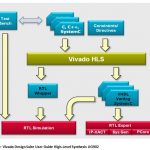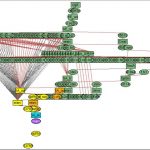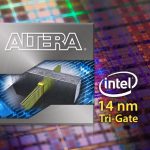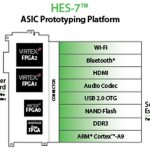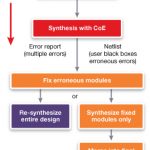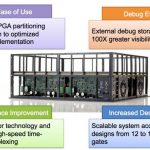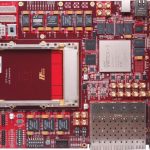It was spring 2010 and I was asked to attend an HLS (High Level Synthesis) meeting. To be honest I cringed, after my bad relationship with Accel DSP and broken promises my heart was all walled up and needed counseling. But my management had a way of making me an offer I could not refuse, like keeping my job. So reluctantly I went. Does your… Read More
Tag: fpga
RTDA at Altera
I talked to Yaron Kretchmer of Altera to find out how they are using RTDA’s products. I believe that Altera are the oldest customer of RTDA, dating back over 15 years, originally used by the operations team around the test floor before propagating out in the EDA and software worlds more recently.
Altera use two RTDA tools, LicenceMonitor… Read More
Intel and Altera Sign on for 14nm
The announcement today that Intel will be a Foundry for Altera at 14nm is a significant turning point for the Semiconductor Industry and Intel’s Foundry fortunes of which the full ramifications are not likely to be understood by analysts. As a long time follower of Intel and a former co-founder of an FPGA startup (Cswitch), it has… Read More
Is debugging a task, or a continuous process?
Early in my so-called EE career, I sat in a workshop led by the director of quality for the Ford truck plant in Louisville, KY, where “Quality is Job #1.” At that time, they were gaining experience in electronic control modules (ECMs) for fuel efficiency and emissions control. Who better to transfer the secrets of Crosby and Deming… Read More
Zynq out of the box, in FPGA-based prototyping
Roaming around the hall at ARM TechCon 2012 left me with eight things of note, but one of the larger ideas showing up everywhere is the Xilinx Zynq. Designers are enthralled with the idea of a dual-core ARM Cortex-A9 closely coupled with programmable logic.… Read More
Second FPGA to the right, and straight on ‘til it works
In a fantasy world where there were no coding errors or integration issues, FPGA designs would fly straight through synthesis easily and quickly. Maybe that world does exist somewhere. For the rest of us, who have experienced the agony of running a large FPGA design – again – only to find another error and have to start over, there … Read More
The logic of trusting FPGAs through DO-254
Any doubters of the importance of FPGA technology to the defense/aerospace industry should consider this: each Airbus A380 has over 1000 Microsemi FPGAs on board. That is a staggering figure, especially considering the FAA doesn’t trust FPGAs, or the code that goes into them.… Read More
Next Generation FPGA Prototyping
One technology that has quietly gone mainstream in semiconductor design is FPGA prototyping. That is, using an FPGA version of the design to run extensive verification. There are two approaches to doing this. The first way is simply to build an prototype board, buy some FPGAs from Xilinx or Altera and do everything yourself. The… Read More
A Brief History of Aldec
Dr. Stanley Hyduke founded Aldecin 1984 and their first product was delivered in 1985, named SUSIE (Standard Universal Simulator for Improved Engineering), a gate-level, DOS-based simulator. The SUSIE simulator was priced lower than other EDA vendor tools from the big three: Daisy, Mentor and Valid (aka DMV). Aldec maintains… Read More
Xilinx Programmable Packet Processor
At the Linley conference last week I ran into Gordon Brebner of Xilinx. He and I go a long way back. We had adjacent offices in Edinburgh University Computer Science Department back when we were doing our PhDs and conspiring to network the department’s Vax into the university network over a two-week vacation. We managed to … Read More


